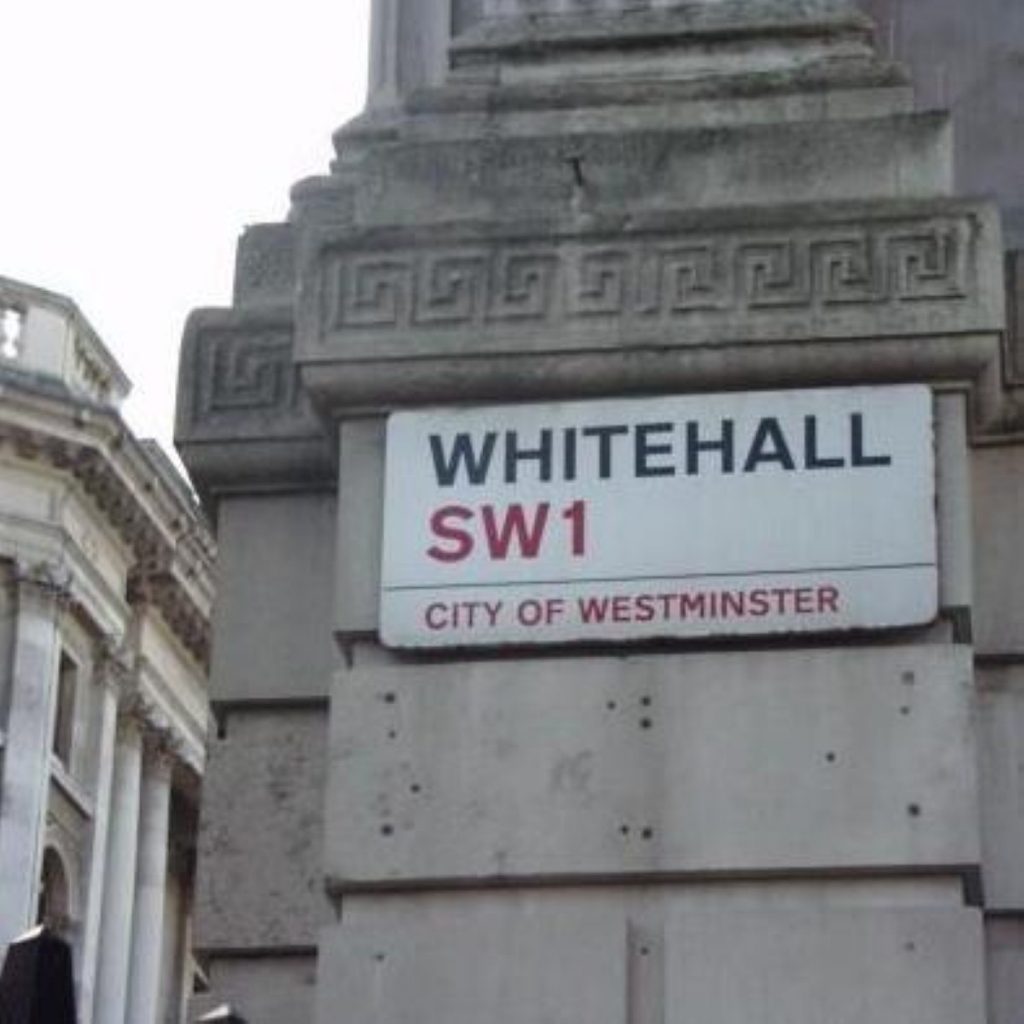Government must apologise over Equitable Life fiasco
The government must apologise and pay compensation to members of Equitable Life after a report by the Public Administration Select Committee (PASC).
The report, published today, strongly supports the Ombudsman’s recommendation that a compensation scheme should be created to pay for the loss suffered by equitable life customers due to malpractice.
Tony Wright, committee chairman said: “I and the committee are acutely conscious that over the last eight years many of the million or more members of Equitable Life and their families have suffered great anxiety.
“It is unacceptable that the situation has remained unresolved for so long. Many of those affected are no longer alive, and will be unable to benefit personally from any compensation.”


More than 30,000 Equitable Life policyholders have died since the society ran into problems in 2000.
The damning Ombudsman report found that throughout the 1990’s and early 2000’s customers were seriously let down by the Financial Services Association, the then-Department of Trade and Industry (DTI), and the Government Actuary’s Department.
The report was published in July 2008 but the government has been slow in making a statement, which it promised it would do before parliament rises for Christmas.
Equitable life customers have reacted angrily to being left in the cold. An Equitable Life spokesman said: “It is an outrage that the prime minister continues to treat our policyholders with such contempt.”
A Treasury spokesman said: “The government will respond in the first week back from recess”.
But Conservatives pushed for a statement before parliament disperses for Christmas this Friday.
Some 144 Conservative MPs have signed a motion demanding a government statement before the House of Commons adjourns.
Shadow financial secretary to the Treasury Mark Hoban said: “Gordon Brown has sought to block, frustrate and delay the Ombudsman’s report. It is time for the government to apologise for the way regulators have failed policyholders and establish a scheme to make payments to those who have lost out.”
The cost of compensating all policy holders could be as high as £10 billion but the Equitable Members Action group puts the number nearer £4.66 billion.
Not all policy holders suffered as a result of the regulatory failure and it should not be a case of compensation for all. Instead, the plan is to restore those individuals to the position they would be in if maladministration had not occurred.
“We are acutely aware of the substantial sums of money involved: billions of pounds potentially. This is why we emphasise the need to compensate only where loss is fairly attributable to regulatory failure,” Mr Wright said.
“The Ombudsman has shown in exhaustive detail how the regulators failed over a prolonged period and at a fundamental level. Under the circumstances, compensation should be a duty, not a matter of choice.”
The Ombudsman report suggested a two year timetable to implement the compensation scheme but PASC has said it is not in a position to assess if this is viable.
The government was condemned for the way it carried out “piecemeal” investigations into the affair. The committee also pointed out the government’s need to learn from these failures and review the way in which it carries out future investigations.
In closing, Mr Wright said: “For this, as well as for the failures of regulation, we hope to hear the government apologise when it comes to the House of Commons to respond to the Ombudsman’s report.”
Equitable life was forced to close to new business in 2000, leaving 1.5 million customers suffering for the last eight years as their policy values were cut and pension payments decreased.

